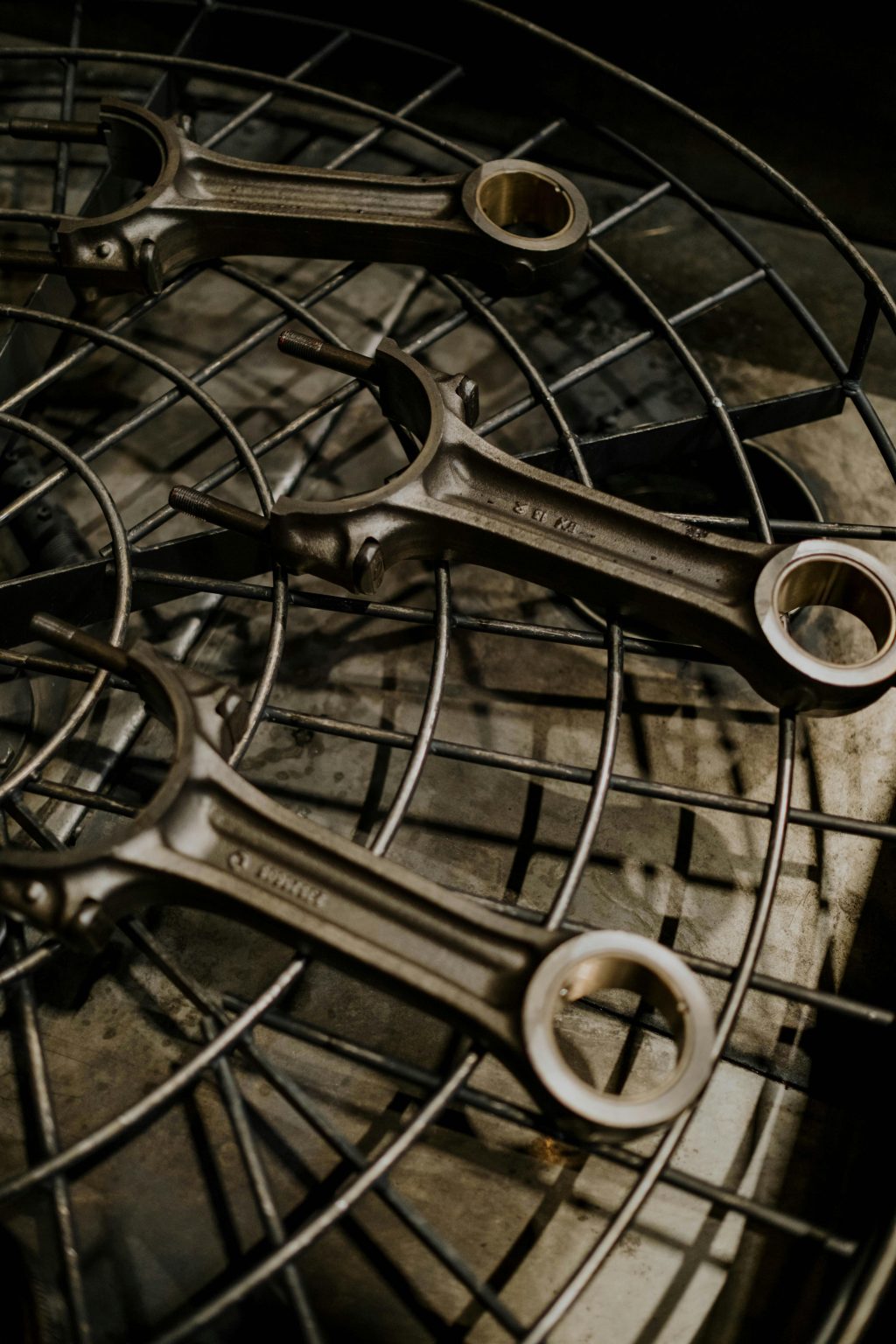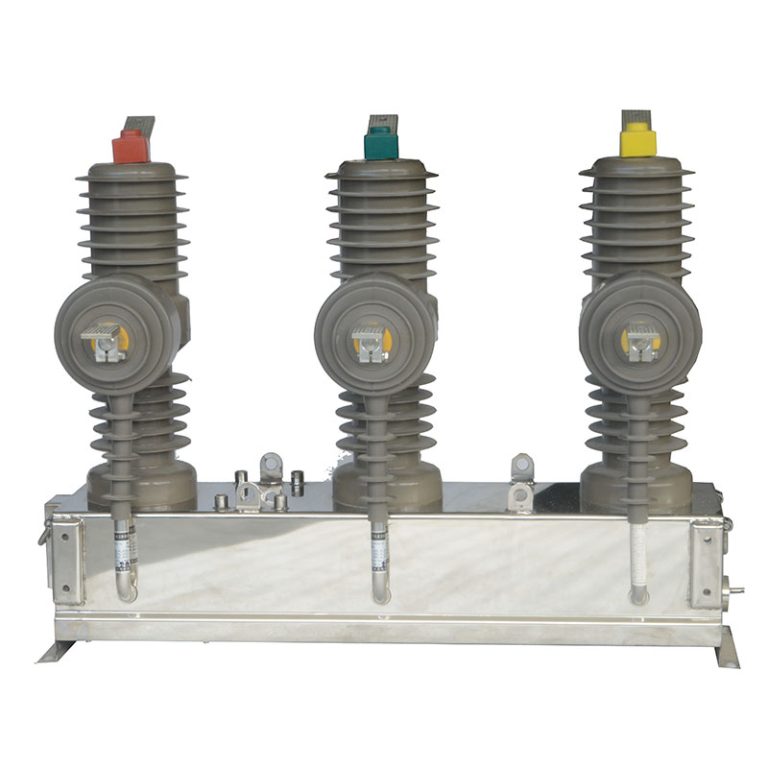
Owning a BMW powered by the N63 engine is an experience unlike any other. This twin-turbo V8 delivers blistering performance, effortless torque, and smooth power delivery—all wrapped in true German engineering. But to keep your N63 running at its best, proper maintenance and performance care are essential. At Rvng RaceWorks, we’ve built this ultimate N63 checklist to help you balance reliability with maximum power. Whether your goal is daily driving or full-throttle performance, this guide covers everything you need to know.
Understanding the N63 Engine
The N63 engine is one of BMW’s most advanced powerplants. Featuring a “hot-vee” twin-turbo layout, it places both turbochargers inside the V of the engine for faster response and reduced lag. This design gives the N63 exceptional mid-range torque and smooth power delivery, but it also generates extra heat—meaning maintenance and cooling management are critical.
From early versions to the improved N63TU3, BMW has refined the platform for better reliability, performance, and efficiency. Still, owners who keep up with a strict maintenance and upgrade routine see the best results from their N63.
N63 Maintenance Checklist: Keeping Power Reliable
Proper maintenance is the key to longevity and performance for your N63. Here’s what you should prioritize:
1. Engine Oil and Filter Changes
- Interval: Every 5,000–6,000 miles (more frequently than BMW’s factory schedule).
- Recommended Oil: 5W-30 or 5W-40 full synthetic, BMW LL-01 approved.
- Why it matters: The N63 runs hot. Frequent oil changes prevent sludge buildup and turbo wear.
2. Spark Plugs and Ignition Coils
- Interval: Every 30,000 miles (or sooner for tuned engines).
- Symptoms of wear: Misfires, hesitation, or rough idling.
- Tip: Always use OEM or high-performance spark plugs rated for the N63’s heat range.
3. Coolant System Maintenance
- Interval: Flush every 2 years.
- Check: Coolant level, radiator hoses, and water pump for leaks.
- Why: The N63’s “hot-vee” setup traps heat—fresh coolant is essential for turbo health.
4. PCV and Valve Cover Systems
- Interval: Inspect every 30,000–40,000 miles.
- Why it matters: Failing PCV valves or clogged systems cause oil consumption and rough idle.
- Upgrade: Consider an oil catch can to reduce carbon buildup.
5. Timing Chain and Guides
- Interval: Inspect around 70,000–80,000 miles.
- Why it matters: Early N63 engines were known for timing chain stretch—later versions improved this. Preventive checks keep your engine safe from catastrophic failure.
6. Fuel System and Injectors
- Interval: Clean injectors every 25,000–30,000 miles.
- Why: Direct injection can cause carbon buildup on intake valves and injector tips. A clean system ensures consistent fueling under boost.
7. Turbocharger Health Check
- Interval: Inspect every 30,000 miles.
- Check for: Oil leaks, excessive shaft play, or boost loss.
- Tip: If you hear a whining or siren noise, get your N63 turbos checked immediately.
Performance Checklist: Unlocking the N63’s True Potential
Once your maintenance is on point, it’s time to focus on performance. The N63 can deliver extraordinary results with the right upgrades and tuning.
1. ECU Tune (Stage 1 or Stage 2)
A Stage 1 tune from Rvng RaceWorks optimizes boost, timing, and fuel for up to 100 hp gains—no hardware changes needed. A Stage 2 tune, paired with upgraded downpipes and intercoolers, can push power gains up to 150 hp or more.
2. Downpipes and Exhaust System
- Why upgrade: Reduces backpressure, increases turbo efficiency, and gives your N63 a deep, aggressive tone.
- Bonus: Enhances spool time and improves throttle response.
3. Intake System and Turbo Inlets
- Upgrade benefit: Better airflow for faster turbo response.
- Result: Increased mid-range torque and improved top-end power.
4. Intercoolers and Heat Management
- Essential for: Tuned or high-boost setups.
- Why it matters: Lower intake temps prevent detonation and power loss. The N63 benefits massively from efficient cooling.
5. Transmission Tune (ZF8HP)
The ZF8 automatic gearbox is strong but conservative from the factory. A transmission tune sharpens shifts, improves launch response, and allows the N63 to deliver its full potential.
6. Upgraded Turbos
For enthusiasts chasing extreme power, upgraded hybrid turbos are the next step.
- Result: 650–750+ hp potential with proper fueling and supporting mods.
- Tip: Always tune for upgraded turbos—stock calibration won’t handle the airflow properly.
Common N63 Reliability Enhancements
Even stock engines benefit from a few key reliability mods.
- Oil Catch Can: Reduces carbon buildup and oil blow-by.
- Upgraded PCV System: Prevents crankcase pressure and oil leaks.
- High-Flow Heat Exchanger: Improves cooling efficiency under hard driving.
- Upgraded Charge Pipes: Stock pipes can crack under higher boost—aluminum replacements are a must for tuned engines.
At Rvng RaceWorks, we’ve tested countless combinations of these upgrades to find the sweet spot between daily comfort and serious performance.
Pro Tips for Long-Term N63 Ownership
- Warm up your engine before pushing it—cold oil and turbos don’t mix.
- Let it idle for 30–60 seconds after hard driving to cool the turbos.
- Use top-tier fuel (at least 91–93 octane) to prevent knock under boost.
- Monitor oil levels frequently—the N63 burns oil faster than most engines.
- Scan for codes regularly using a reliable OBD2 tool to catch early signs of trouble.
Following these small steps can save thousands in repair costs and keep your N63 roaring strong.
Why Choose Rvng RaceWorks for N63 Tuning and Support
At Rvng RaceWorks, we live and breathe BMW performance. Our team of passionate enthusiasts has mastered the N63 platform—offering precision ECU tuning, custom exhaust solutions, and reliability upgrades tailored for your exact setup.
We understand that every driver’s goals are unique. Whether you want a mild power boost for your daily commute or a 700-hp monster build, our experts ensure your N63 performs flawlessly. Every modification is tested for both power and durability, so you can drive harder and longer with confidence.
Conclusion
The N63 engine isn’t just another twin-turbo V8—it’s a performance legend waiting to be unleashed. But like any high-performance machine, it demands the right care. With this ultimate N63 maintenance and performance checklist, you’ll ensure your BMW stays powerful, reliable, and ready for anything.



